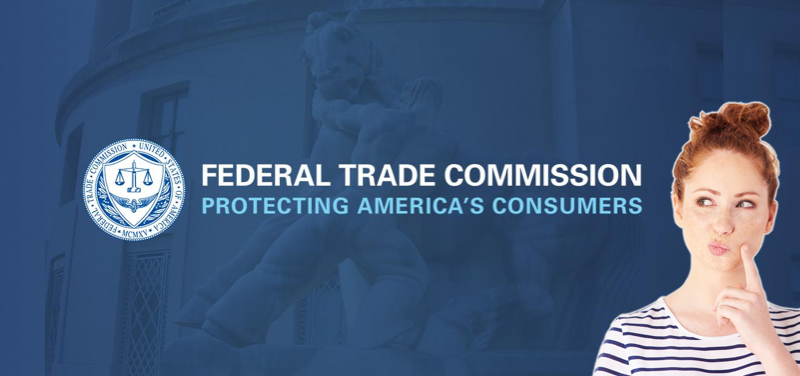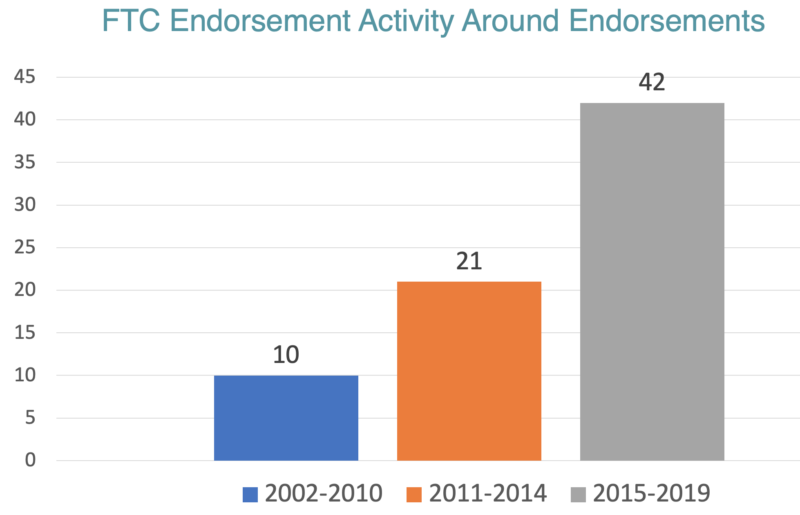
Last week the Federal Trade Commission (FTC) announced a settlement with Sunday Riley, a cosmetic company accused of soliciting their employees to post reviews on their products available for purchase via Sephora.
The FTC had clear and obvious evidence that Sunday Riley had not only instructed their employees to write reviews but went so far as to use a VPN to mask where the reviews were coming from to avoid detection.
In its complaint, the FTC alleges that between November 2015 and August 2017, Sunday Riley Skincare managers, including Ms. Riley herself, posted reviews of their branded products on the Sephora site using fake accounts created to hide their identity, and requested that other Sunday Riley Skincare employees do the same thing.
The FTC alleges that after Sephora removed fake employee-written reviews, Sunday Riley Skincare employees suspected this was because Sephora recognized the reviews as coming from their IP addresses. Sunday Riley Skincare then allegedly obtained, according to one of the company’s managers, “an Express VPN account [to] . . . allow us to hide our IP address and location when we write reviews.” A VPN (virtual private network) lets users access the internet privately, by using separate servers to hide their online activity.
The FTC complaint also quotes from a July 2016 email that Ms. Riley wrote to her staff directing each of them to “create three accounts on Sephora.com, registered as . . . different identities.” The email included step-by-step instructions for setting up new personas and using a VPN to hide their identities, and directed employees to focus on certain products, to “[a]lways leave 5 stars” when reviewing Sunday Riley Skincare products, and to “dislike” negative reviews. “If you see a negative review – DISLIKE it,” Ms. Riley wrote, “After enough dislikes, it is removed. This directly translates into sales!!”
Cosmetics Firm Sunday Riley, CEO Settle FTC Charges That Employees Posted Fake Online Reviews at CEO’s Direction
What happened next? The FTC subsequently signed a consent decree with the cosmetic company and all is right in the world of reviews. Right?
NOT.
The FTC had this company dead to rights with clear and unambiguous evidence that they had cheated on their reviews. This is a clear violation of the law and could have lead to a fine. And yet the agreement only stipulates that the cosmetic company agrees to not fake reviews in the future. Not a single penny in fines or legal liabilities at all.
The FTC, which has 5 members on the commission, voted 3 to 2 in favor of the settlement. The other two voted against it because they felt it was too lenient and that there should have been significant fines involved.
The dissenting commissioners noted: “Dishonest firms may come to conclude that posting fake reviews is a viable strategy.”
And I agree.
FTC, Google, and Yelp Can Do More to Preserve the Integrity of Reviews
NY State has become significantly more punitive in the penalties it has imposed over the past few years. In case that closely resembles the FTC vs. Sunday Riley, a plastic surgeon that had family and employees leave fake reviews was fined $300,000.
In 2013, a dental whitening company offered a $5 discount coupon for the next whitening in return for a review. They didn’t care whether it was positive or negative and they ended up with a $10,000 fine from the Attorney General’s office in NY. While a marketing firm in Buffalo, NY, that was procuring fake reviews was fined $43,000.
FTC filing and settlements with companies that have violated the law have seen a significant increase since the early days of online reviews. Forty-two cases were reported between 2015-2019 versus just 10 cases between 2002-2010.

Unfortunately, most of these settlements, as the dissenting commissioners noted, involved a slap on the wrist and a promise not to engage in inappropriate review behaviors going forward.
While enforcement actions have increased, fines have been reserved for those companies involved in egregious consumer fraud along with the review abuses. While those that “just” deceive the public with fake reviews or incentives usually agree to end the behavior and receive no fines.
It is past time for the FTC, perhaps in concert with Google and Yelp, to up their game and start actively punishing companies that break the law regarding reviews.
While I am glad to see that the FTC has upped its review enforcement game over the past 4 years, it’s time for even more pressure before it is too late.
As Commissioners Rohit Chopra said: “Honest firms, who are the biggest victims of this fraud, may be wondering if they are losing out by following the law. Consumers may come to lack confidence that reviews are truthful.”
I couldn’t agree more.
